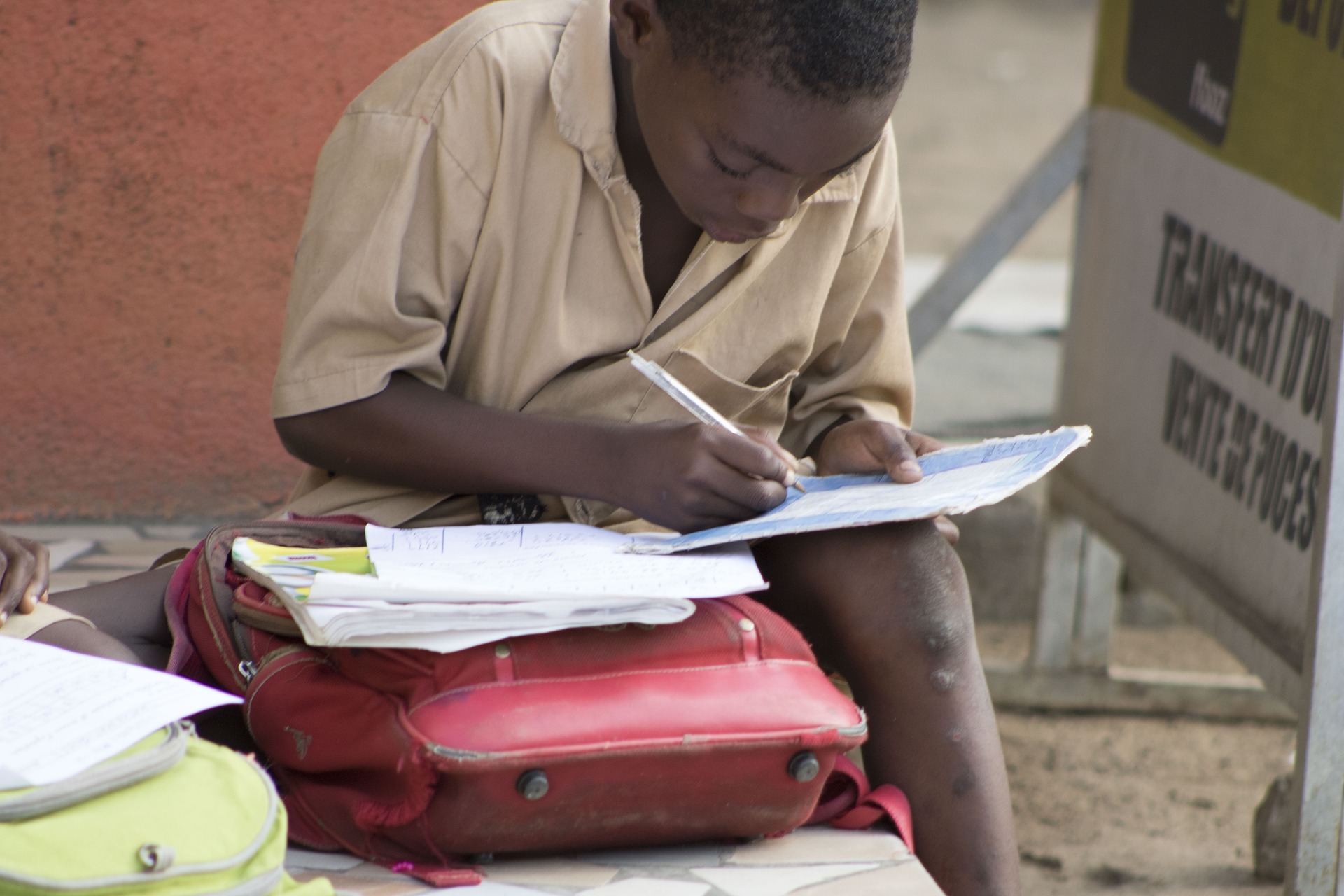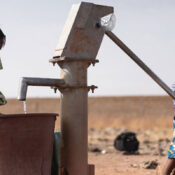
Unlocking Potential: The Impact of Quality Education on Children’s Lives
The Foundation for Lifelong Learning
Quality education serves as the bedrock for a child’s intellectual growth and development. Beyond imparting academic knowledge, it instills a love for learning, fostering curiosity and critical thinking skills. This foundation becomes the scaffolding upon which children build their lifelong learning journey, preparing them for the challenges of an ever-changing world.
Empowering Through Knowledge
Education is more than just the transmission of facts; it is a powerful tool for empowerment. Quality education equips children with the knowledge and skills needed to navigate the complexities of life. Whether through traditional subjects or modern, relevant topics, an empowered mind becomes a catalyst for positive change, influencing not only the individual but also the community at large.
Fostering Social Skills and Emotional Intelligence
Beyond the academic curriculum, quality education places a strong emphasis on developing social skills and emotional intelligence. Interacting with peers, collaborating on projects, and navigating diverse social environments contribute to a child’s holistic development. These skills are invaluable in building meaningful relationships and fostering empathy, laying the groundwork for a socially adept and emotionally resilient individual.
Breaking the Chains of Poverty
Education has long been recognized as a powerful tool for breaking the chains of poverty. Quality education provides children from disadvantaged backgrounds with an equal playing field. It opens doors to opportunities, empowering them to overcome socio-economic barriers. As these children grow into educated adults, they contribute to the economic development of their communities, creating a positive ripple effect.
Cultivating a Global Perspective
In our interconnected world, a quality education extends beyond the boundaries of classrooms. It cultivates a global perspective, fostering an understanding and appreciation for diverse cultures and perspectives. Through exposure to global issues, children develop a sense of responsibility as global citizens, preparing them to contribute meaningfully to the challenges of the 21st century.
All Categories
Recent Posts
Is Water Scarcity in Africa a Myth?
Unlocking Potential: The Impact of Quality Education on Children’s Lives
Empowering the Future: The Pivotal Role of Youth in Achieving Sustainable Development Goals
+0123 (456) 7899
contact@example.com




